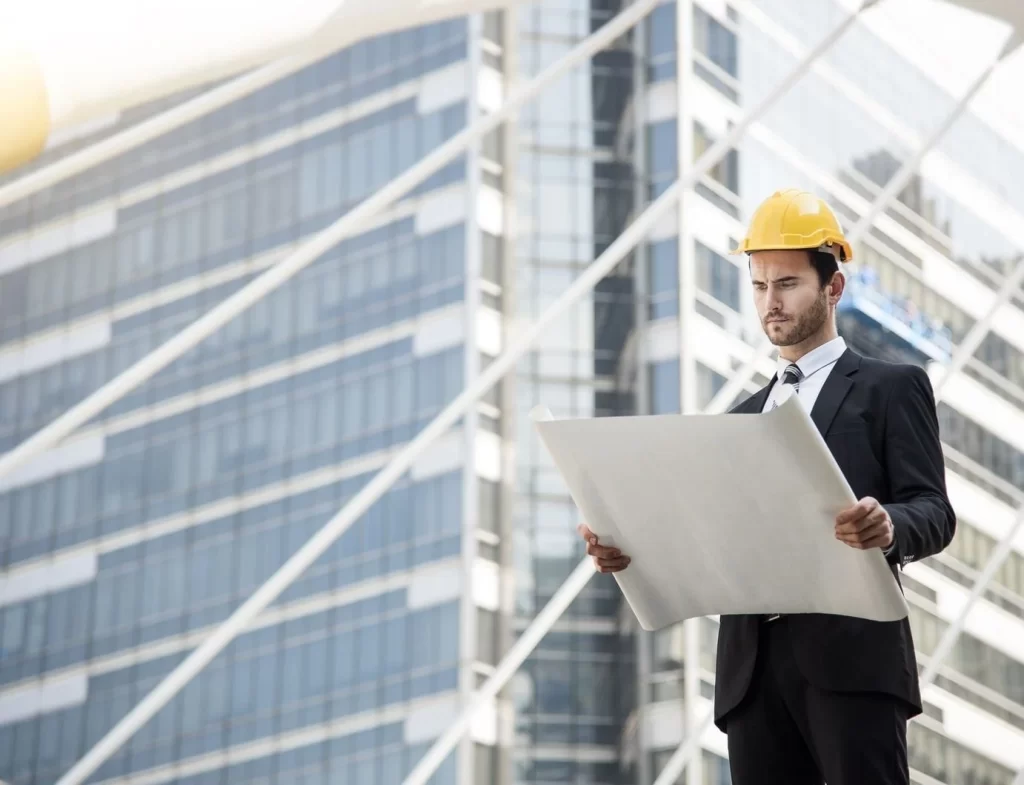In the dynamic landscape of property development, sustainability has emerged as a cornerstone principle shaping the trajectory of future projects. As the world grapples with environmental challenges and strives for equitable economic growth, developers are increasingly integrating sustainability into their practices. This shift reflects not only a moral imperative but also recognition of the long-term viability and profitability of sustainable initiatives. One of the foremost trends in sustainable property development is the emphasis on green building practices. Structures designed with energy efficiency, renewable materials, and reduced environmental impact in mind is becoming increasingly prevalent. From LEED certification to passive design principles, developers are embracing innovative approaches to minimize carbon footprints and enhance resource efficiency. Beyond mere compliance with regulations, these projects are redefining industry standards and setting new benchmarks for environmentally responsible construction. Moreover, sustainable property development is fostering a culture of holistic urban planning.

Beyond individual buildings, developers are considering the broader impact of their projects on communities and ecosystems. Concepts such as mixed-use developments, transit-oriented design, and green spaces are gaining traction as integral components of sustainable urban environments. By promoting walkability, reducing reliance on automobiles, and preserving natural habitats, these developments contribute to the creation of healthier, livable cities. In tandem with environmental considerations, social equity is emerging as a key driver of sustainable property development. Recognizing the interconnectedness of economic opportunity and community well-being, developers are prioritizing inclusive practices that benefit diverse stakeholders. Affordable housing initiatives, workforce development programs, and community engagement efforts are increasingly integrated into development projects, fostering a sense of belonging and empowerment among residents. By addressing systemic inequalities and promoting social cohesion, these initiatives not only enhance the livability of neighborhoods but also contribute to the long-term success of projects.
Furthermore, technological innovation is revolutionizing the landscape of sustainable property development. From smart building systems to data-driven analytics, developer Javad Marandi are leveraging cutting-edge technologies to optimize resource allocation, enhance operational efficiency, and improve occupant comfort. Artificial intelligence, Internet of Things IoT sensors, and renewable energy solutions are increasingly integrated into building design and management, enabling real-time monitoring and adaptive control. By harnessing the power of technology, developers are not only reducing environmental impact but also unlocking new opportunities for innovation and growth. Sustainable property development represents a paradigm shift in the way we conceive, design, and manage built environments. By embracing principles of environmental stewardship, social equity, and technological innovation, developers have the opportunity to create lasting value for both present and future generations. As sustainability continues to permeate the fabric of the industry, it is imperative that stakeholders collaborate, innovate, and prioritize the common good. Through collective action and shared commitment, we can build a future where prosperity is harmonized with the health of our planet and the well-being of all its inhabitants.